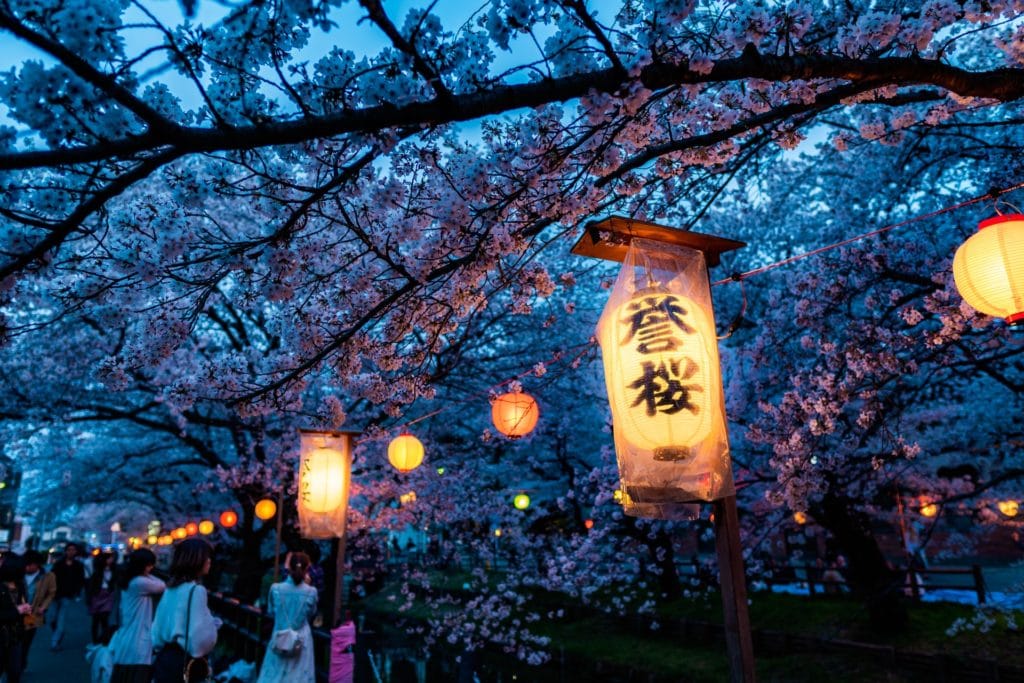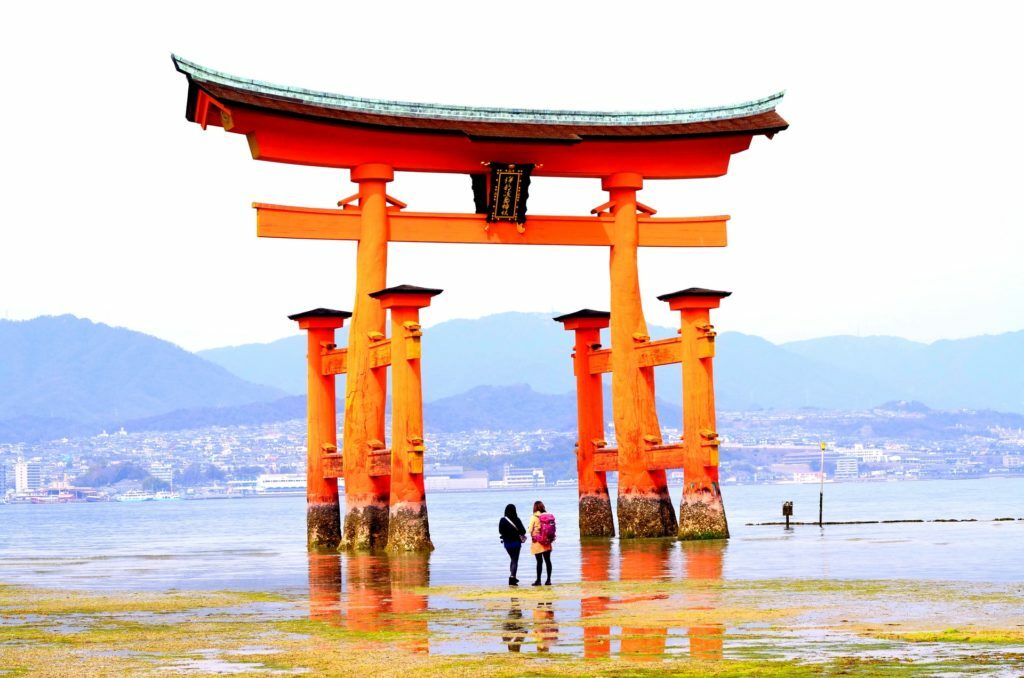Finding Your Zen and Inner Peace in a Busy Life

The Zen practice has been around for centuries but finding your Zen and Inner Peace in a busy life is never been more necessary than now. Finding Zen is a path you choose when setting an intention to enrich your life and you benefit from being a spiritually-inclined person .
Zen is about living in the present moment and being mindful of everything you are doing. Allowing yourself to have the right frame of mind will improve your quality of life in every aspect. Discipline is a key component of Zen practice and will give you more self confidence, and help you enrich your life.
The mind is powerful and should be treated with respect. The mind is also fickle, and our thoughts can cause stress and anxiety. When mindfulness becomes a habit, it helps to calm the brain and prevent mental illness. There are steps you can take to promote a mindful lifestyle, including meditation, practicing mindfulness throughout the day, and taking care of your body through exercise and sleep.
Zen is the art of living in the now, experiencing life in its most natural state. While it is easy to get lost in daily life and forget how to find peace and calm, there are some tips that can help you re-center yourself faster than ever.
The only Zen you can find on the tops of mountains is the Zen you bring up there. Robert M. Pirsig
Finding Zen is more than it’s definition “a supremely serene state of mind that one attains through meditation.” With this spirit, it’s easy to say that a Zen philosophy is one that helps individuals live a busy life filled with inner peace, free from stress, even we live in a complex, ever changing world. The real question is how do you find your Zen in a busy life?

What does “Zen” mean to you? Do you feel like you need to live a zen lifestyle to be considered a “Zen person”? This article discusses what zen means, what zen is not, and how you can implement it into your own life.
Zen Editor Rose Coffen argues that the key to zen is not in finding peace in a chaotic world, but rather finding peace within yourself – having acceptance for what you can’t control.
Seeking her Zen, Rose was facing at first an unsolvable riddle. But the contemplation of that riddle, as un-solvable as is – gave her the courage to stay still when facing advertsity and transformed her life purpose. She emerged her story with the pure energy of the divine feminine and now she is helping other women finding their own Zen and inner peace in a busy, crazy world.
The Purpose of Zen
The purpose of Zen is to cultivate a non-judgemental, compassionate, and open mind. This allows you to be patient with yourself and others, to understand emotions and thoughts, and to not worry about what is happening in the future but enjoy the present moment instead. It allows you to be present with your feelings, emotions and experiences. Finding your Zen is about practice of living mindfully and being present to everything that comes our way in life, regrdless how busy your life might be at times.
Zen is a practice of being, not doing. It is about time to learn to live mindfully and be present with whatever comes your way in life.
You can be intentional about finding your Zen, practising a Zen mindset as a way of resisting your immediate emotions and thoughts and processes. This is a part of the practice of Zen. There are many different practices available to us, but the spirit is the same. The ultimate goal of Zen is to experience the oneness with all things and become one with all things, but it takes practice to comprehend this. Through practice, you can experience some of the benefits that Zen brings to your busy life.
To summerise, Zen is a practice of being present in the moment and being fully aware of your surroundings and your immediate thoughts and emotions. Finding your Inner Peace is a matter of learning to be calm and in control of your reactions, while being aware of what is going on around you.

How to incorporate Zen into your busy life
Zen is an ancient school of Buddhism that teaches that you must take responsibility for your own life. This responsibilty includes not just knowing what you want, but also making sure you achieve it.
Zen teaches people to be aware of their surroundings, and when they are happy, grateful and peaceful with themselves, they make a contribution to society. Zen can be a bit difficult to practice but here are the basic goals that Zen teaches:
Living Mindfully: Being alive is a great thing, and we should enjoy every moment. We need to be aware of our surroundings and try to appreciate the little things, such as the sound of the birds singing, or a child laughing.
Making a Contribution: We should try to make a positive difference in the world, and not just feed off the system. Zen meditation is a way to achieve these goals. That allows us to make a contribution, but it also allows us to remain aware.

Zen is a Japanese Buddhist term that means the “meditation of enlightenment.” The main ideas in Buddhism are that we should live in the present, be aware of your thoughts and feelings, and not be attached to anything. In other words, living Zen is about being more aware of your life and learning to appreciate it without any attachment.
There are two main schools of Zen: Rinzai and Sōtō Zen . The first lineage of teachers were the Sōtō Zen teachers. There are 14,000 temples which makes Sōtō one of the largest Japanese Buddhist organizations. Sōtō Zen is very popular in the West, and in 1996 priests of the Sōtō Zen tradition formed the Soto Zen Buddhist Association based in North America.
Zen is considered a religion. However, it is not a formal one like Christianity or Islam. It is a religion of faith, not doctrine. Over the centuries, people have been attracted to Zen because it is a way to live a more gentle richer life. Some people say that Zen is a way of life.

Finding your Zen
Zen is a way of living that helps you to achieve your highest potential, while avoiding habits and tendencies that might get in the way of this. This process can require intense self-reflection to identify the thoughts and emotions that lead to overthinking and anxiety.
It can also take practice to learn how to live in the present moment without judgment or regrets.
As a Zen Editor, I’ve always been interested in the subject of self-improvement. In my early days as a Zen Influencer, I was often asked, “What’s the most important thing you learned from surviving in a crazy world?” I would usually pause and think about how to answer this question before choosing a few things that would be most meaningful for our readers.
I remember one particular time when I was very angry, resentful and lonely and I was sure that I was going to be bitter for the rest of my life. The opportunity to tell my story in the way that allows me to see myself with a fresh pair of eyes, understanding how I’ve got caught up in tragedy, how it hurt me, and how I survived, gave me the chance to see the value of finding my zen and how I influence myself. There is value in every experience.
I think we all have the potential to become our own worst judge or the best cheerleader. I did not for a moment think that my training in psychology was faulty or based on faulty principles. I just needed to do a better job of listening to my own story and I needed to be more patient with myself.
I also wanted to remember the compassion I saw in the eyes of the people who helped me… I wanted to hear something that would bring me comfort for all the times I have felt judged, even when I do not judge anyone else.
Most people feel judged by a society that asks them to be perfect, or to look perfect, or to have a perfect life, perfect relationships with themselves and others.
Every girl and every woman is expected to look perfect, but I do not think that perfection is possible. Instead of looking for perfection, I decided to be better at loving myself. I decided to listen when I was told that what I do is important, or special, or beautiful. a.nd be grateful

Finding your Zen helps self mastery
It’s difficult to define exactly what Zen is or what it is not. However, zen means calm, tranquil and peaceful; it’s a way of life that can help your self perception, enrich your lifestyle, your attitude.
Zen has no intrinsic meaning, it’s just a word that means your mind is at ease. Most Zen masters will agree there are many different kinds of practice within the Buddhist tradition. Here are three of the most important ones you can do today:
1. Set the intention
2. Practice understanding
3. Practice meditation
It’s a good idea to pick one or two of these and practice daily. This will help clear your mind, calm it down and make it receptive for the next step you need to take.
When you find your inner peace, you’ll have a much easier time with understanding and meditation. The more you practice these three things, the more you’ll be able to stop focusing on thoughts and just let them flow.
Most importantly, set a clear intention to finding your Zen and Inner Peace in your busy life.






